There are many misconceptions and myths surrounding the topic of iron, which are not only confusing but can also lead to errors in iron intake. Whether it's diets, foods, or the correct use of iron supplements – there's often uncertainty about what really helps and what's just a myth.
We shed light on the matter and debunk the biggest iron myths so that you can optimize your iron intake.
Here you will find out...
The most important things in brief
Iron deficiency affects more people than is often assumed – including athletes and people who eat meat.
Symptoms like fatigue or hair loss are nonspecific. A blood test can help clarify the cause.
Improve iron absorption: Vitamin C promotes absorption, while coffee, tea and dairy products inhibit it.
Myth 1: "Only vegetarians and vegans have an iron deficiency."
False! While animal products like meat contain easily digestible heme iron, even meat eaters can suffer from iron deficiency. Women of childbearing age, in particular, often have difficulty absorbing enough iron due to menstruation and a higher need – regardless of their diet.
Tip:
Whether with or without meat, a conscious combination of iron-rich foods is crucial. Plant sources such as legumes, nuts, and whole grains also provide iron and should ideally be combined with vitamin C-rich foods (e.g., bell peppers, citrus fruits) to optimize absorption [1].

Myth 2: "You'll notice immediately if you have an iron deficiency."
Unfortunately not. Iron deficiency can develop gradually, and symptoms like fatigue, difficulty concentrating, or hair loss are often attributed to other causes. Only with a severe deficiency do more obvious signs like paleness or shortness of breath appear. Therefore, it's important to check your blood levels regularly, especially if you often feel exhausted [2] .
Tip:
Have your ferritin (iron storage level) checked with a blood test. This way, you can detect a deficiency early.

Myth 3: "Iron supplements always cause stomach problems."
This was often the case in the past. Many older iron supplements contained forms of iron that placed a significant burden on the gastrointestinal tract. However, today there are modern iron compounds that are better tolerated – for example, ferrous bisglycinate or combinations with lactoferrin [3,4].
Tip:
If you have a sensitive stomach and need a supplement, choose a well-tolerated form such as organic chelated iron bisglycinate and avoid lactate or gluconate. Combining it with lactoferrin can also gently increase iron absorption.

Are you suffering from iron deficiency and looking for a tolerable solution? The FemBe Iron & Lactoferrin - Be3 Iron Formula offers a stomach-friendly combination of highly bioavailable iron bisglycinate, natural vitamin C from rosehips, and bioactive lactoferrin. Perfect for gently and effectively replenishing your iron stores – without the typical side effects of conventional iron supplements.
✨ Discover now and do something good for your health!
Myth 4: "Iron from plant foods is useless."
That's not true! While plant-based iron (non-heme iron) is less readily absorbed than heme iron from animal sources, you can improve absorption with simple tricks. Coffee, tea, and dairy products, for example, inhibit iron absorption, while vitamin C significantly increases it [1].
Tip:
If you follow a purely plant-based diet or eat little meat, make sure to eat iron-rich foods throughout the day instead of concentrating everything in one meal. This gives your body more opportunities to absorb iron. It's especially helpful to combine iron-rich foods with fresh ingredients like citrus fruits or peppers, and to consciously time iron-inhibiting substances like calcium-rich foods.

Myth 5: "Iron deficiency only affects pregnant women and women with heavy periods."
False! While pregnant women and women with heavy periods are at increased risk, iron deficiency can also have other causes:
- Chronic diseases (e.g. celiac disease or inflammatory bowel disease)
- Intense physical activity, which leads to higher iron losses
- Increased need due to growth or breastfeeding [2]
Tip:
No matter what stage of life you are in, make sure you get enough iron through food and/or supplements.

Myth 6: "The more iron, the better."
Quite the opposite! Too much iron can actually harm your body. It can build up in your organs and lead to problems like liver damage or cardiovascular disease. Therefore, a deficiency should always be monitored [5].
Tip:
Have your iron levels checked regularly to ensure you have neither a deficiency nor an excess.

Conclusion
There are many myths surrounding iron that can lead to incorrect assumptions and decisions. Get well informed, have your levels checked, and find out what your body really needs. This way, you can ensure you're optimally supplied and avoid taking any risks.
Our expert
Why is iron so important for women?
Women have a higher need for iron due to menstruation. Iron is essential for oxygen transport in the blood, energy production, and cognitive function.
How can I improve iron absorption?
Combine iron-rich foods with vitamin C (e.g., bell peppers, citrus fruits). Avoid iron-inhibiting foods like coffee, tea, or dairy products with iron-rich meals.
Why should women check their ferritin levels regularly?
Ferritin levels indicate iron stores in the body. A deficiency can go unnoticed for a long time because symptoms such as fatigue are often nonspecific.
Are only vegetarians and vegans at risk for iron deficiency?
No. Meat eaters can also be affected—especially women with heavy periods, pregnant women, athletes, or people with gastrointestinal problems.
What inhibits iron absorption and what promotes it?
- Inhibitors: Coffee, tea, dairy products, calcium, phytates (in whole grains and legumes)
- Promoting substances: Vitamin C, fermented foods, lemon juice
References for further reading:
- German Nutrition Society (DGE) Iron; 2025 [As of February 4, 2025]. Available at: https://www.dge.de/gesunde-ernaehrung/faq/eisen/.
- Hastka J, Metzgeroth G, Gattermann N. Iron deficiency and iron deficiency anemia: Guideline. German Society for Hematology and Medical Oncology; 2022 [As of: February 4, 2025].
- Zhao X, Zhang Nutrients 2022; 14(3). doi: 10.3390/nu14030543.
- Fischer JAJ, Cherian AM, Bone JN, Karakochuk CD. The effects of oral ferrous bisglycinate supplementation on hemoglobin and ferritin concentrations in adults and children: a systematic review and meta-analysis of randomized controlled trials. Nutr Rev 2023; 81(8):904–20. doi: 10.1093/nutrit/nuac106.
- Bloor SR, Schutte R, Hobson AR. Oral Iron Supplementation—Gastrointestinal Side Effects and the Impact on the Gut Microbiota. Microbiology Research 2021; 12(2):491–502. doi: 10.3390/microbiolres12020033.

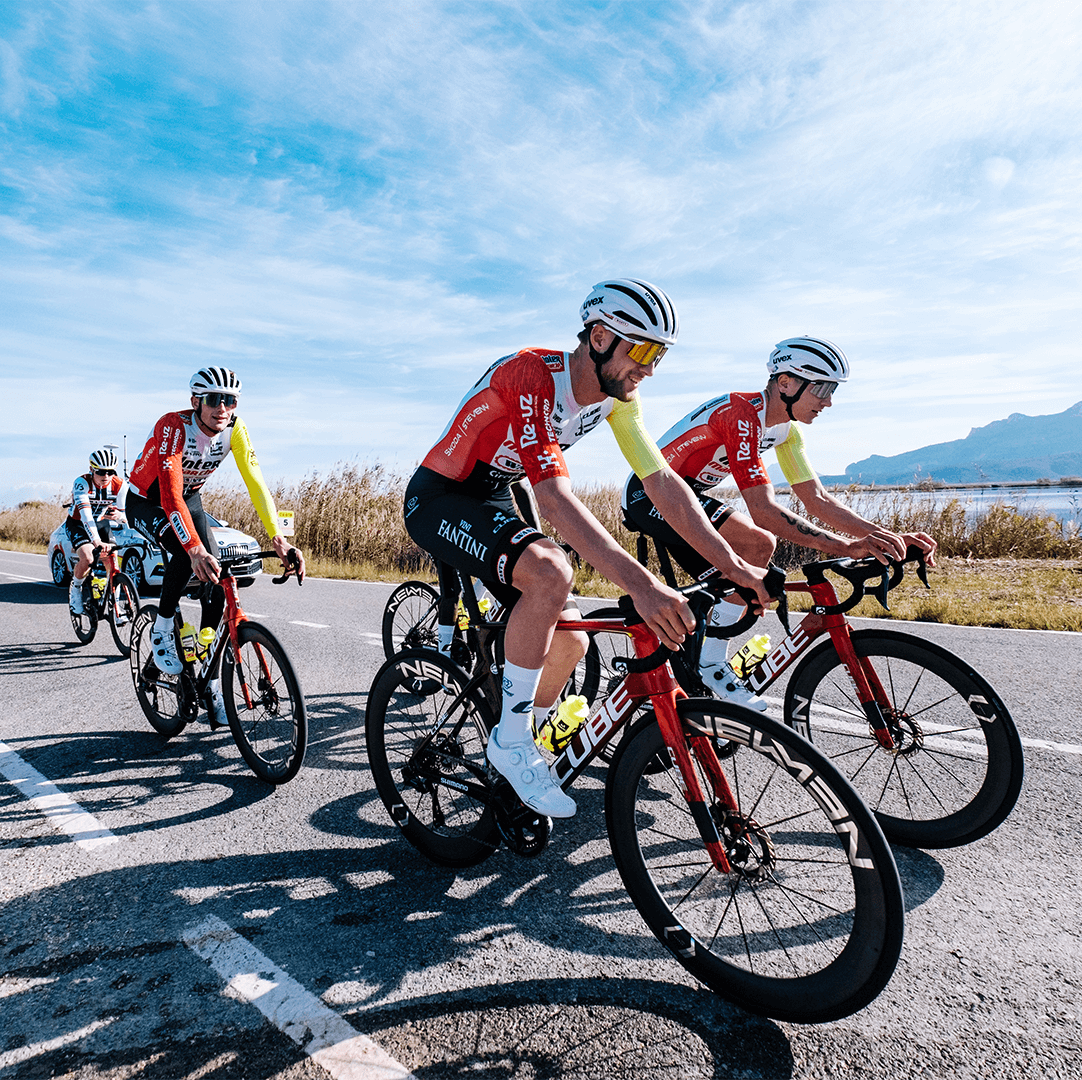
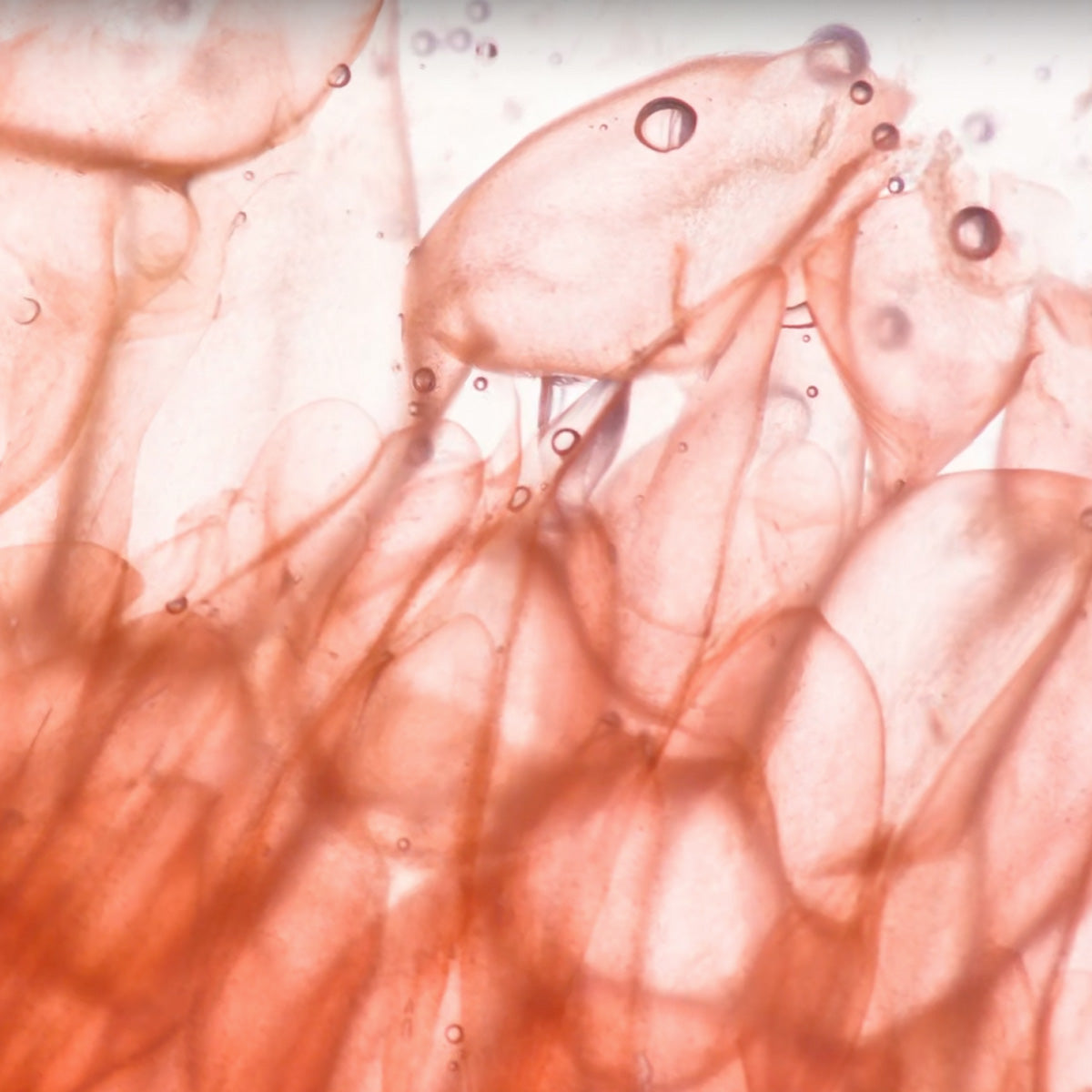
![Zinc Capsules [Zinc Bisglycinate]](http://cellavent.de/cdn/shop/files/CH_essentials-zink-kapseln-Produktbilder_2025.png?v=1760952204&width=104)
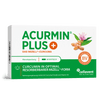
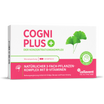
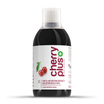
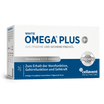
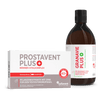
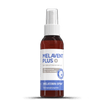
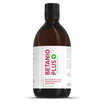
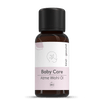
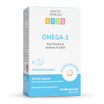
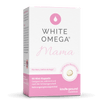
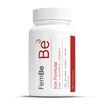
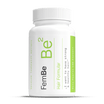
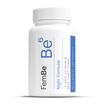
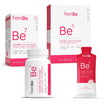
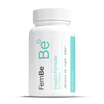
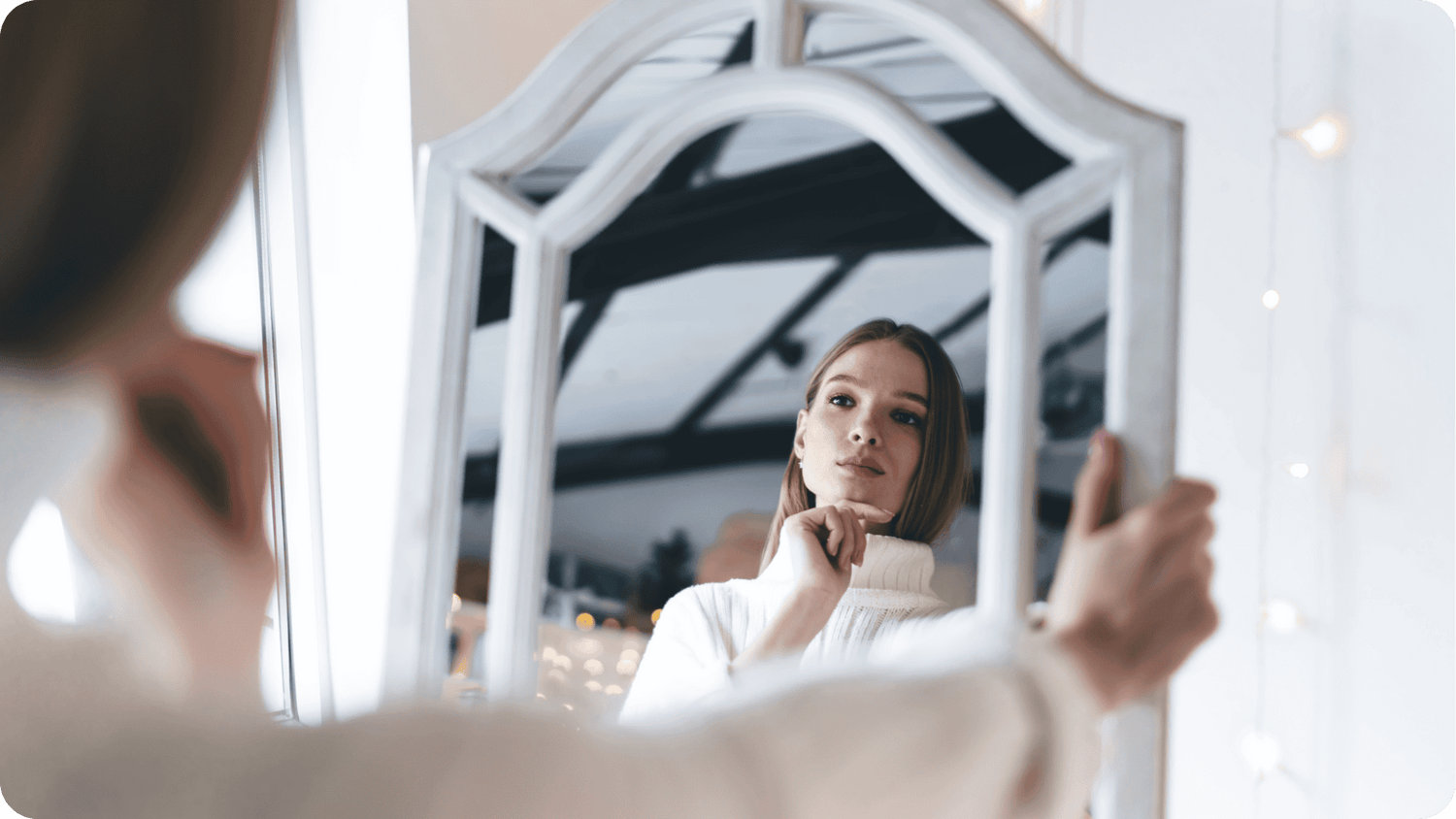



Leave a comment
This site is protected by hCaptcha and the hCaptcha Privacy Policy and Terms of Service apply.